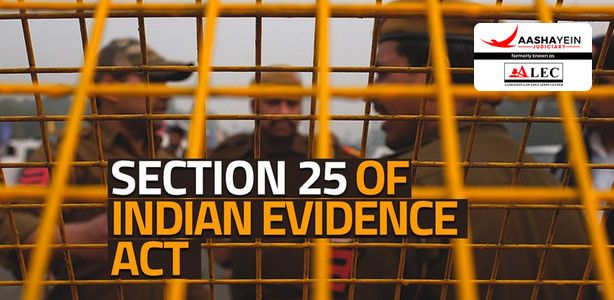In a recent decision, the Supreme Court of India, in the case Sadashiv Dondiram Patil v. The State of Maharashtra (2025 LiveLaw SC 97), underscored the nature of extra-judicial confessions and clarified the principles governing their admissibility in criminal trials. This decision delves into several facets of criminal jurisprudence, particularly the weight of extra-judicial confessions, the burden of proof, and the standard of proof required to establish guilt in a murder case.
The Case Background
The appellant in this case, Sadashiv Dondiram Patil, was initially acquitted of the charge of murder by the Trial Court. The prosecution had alleged that the deceased, who was married to the appellant, went missing, and her body was later discovered in their home. The prosecution’s primary evidence included an extra-judicial confession made by the appellant to a Village Police Patil, who was not a formal police officer. The Bombay High Court reversed the Trial Court’s acquittal, relying on the admission of the extra-judicial confession, arguing that a Village Police Patil could receive such a confession.
The appellant appealed the High Court's decision to the Supreme Court, questioning the reliance placed on the extra-judicial confession and other circumstantial evidence.
You can also read the latest judgment by visiting [Latest Judgment].
For more information, visit [Aashayein Enquiry Section].
The Supreme Court’s Ruling
1. Extra-Judicial Confession: A "Weak" Type of Evidence
The Court first addressed the issue of the extra-judicial confession. Referring to Balwinder Singh v. State of Punjab (1995) 4 SCC 259, the Court reaffirmed that an extra-judicial confession is considered a "weak" type of evidence and demands careful scrutiny. The confession's reliability must be assessed within the context of surrounding circumstances.
"Extra-judicial confession is a weak type of evidence and it is to be relied upon only when there are no suspicious circumstances surrounding it."
This principle is crucial because confessions made outside the judicial process often lack the safeguards of formal interrogation and judicial oversight, raising concerns about their veracity.
2. Village Police Patil: Not a Police Officer
The High Court had treated the confession as valid, claiming that the Village Police Patil could accept such confessions. However, the Supreme Court clarified that a Village Police Patil is not a police officer under the law, and as such, a confession made to him does not fall under the provisions governing confessions to police officers. Thus, it cannot be treated as an "admissible confession" under Section 25 of the Indian Evidence Act, 1872.
3. Section 106 of the Evidence Act: Burden of Proof on the Prosecution
The Court also considered the applicability of Section 106 of the Evidence Act, which shifts the burden of proof onto the accused in cases where a particular fact is within the special knowledge of the accused. However, the Court emphasized that before invoking this section, the prosecution must establish the foundational facts beyond reasonable doubt.
"The prosecution must first lay down the foundational facts before invoking Section 106 of the Evidence Act. The burden cannot be shifted unless the prosecution has proven its case."
In this case, the prosecution failed to establish the foundational facts necessary for invoking Section 106, thus the Court held that the accused could not be compelled to explain the circumstances surrounding the death.
Conclusion
The Supreme Court’s ruling in Sadashiv Dondiram Patil v. The State of Maharashtra emphasizes the importance of judicial scrutiny in cases involving extra-judicial confessions. It reinforces the principle that such confessions must be examined with caution, especially when made to individuals who are not formally recognized as law enforcement officers. This judgment serves as a reminder of the foundational tenets of criminal law, where the burden of proof lies with the prosecution, and the rights of the accused are protected against dubious and coercively obtained evidence

